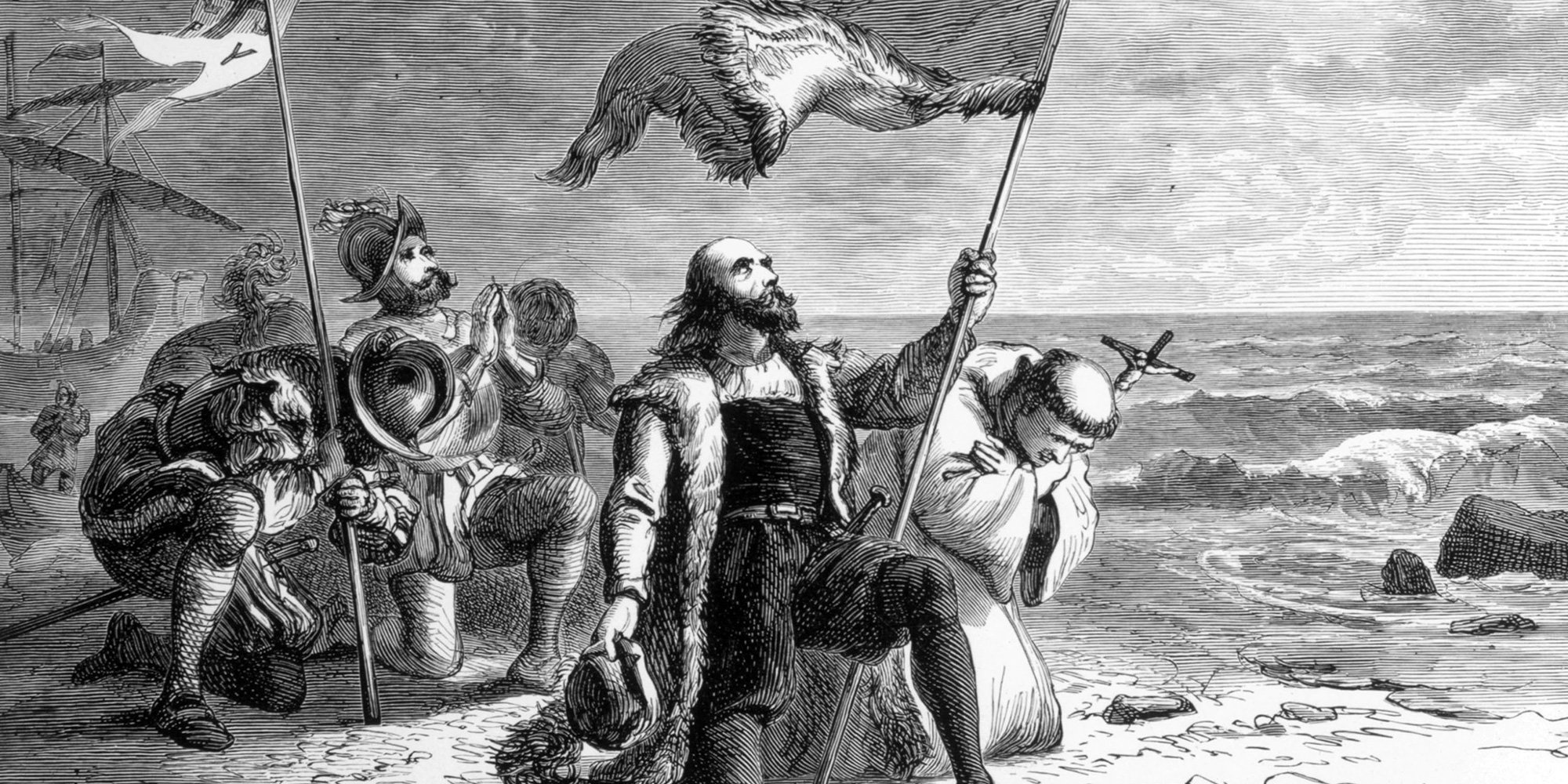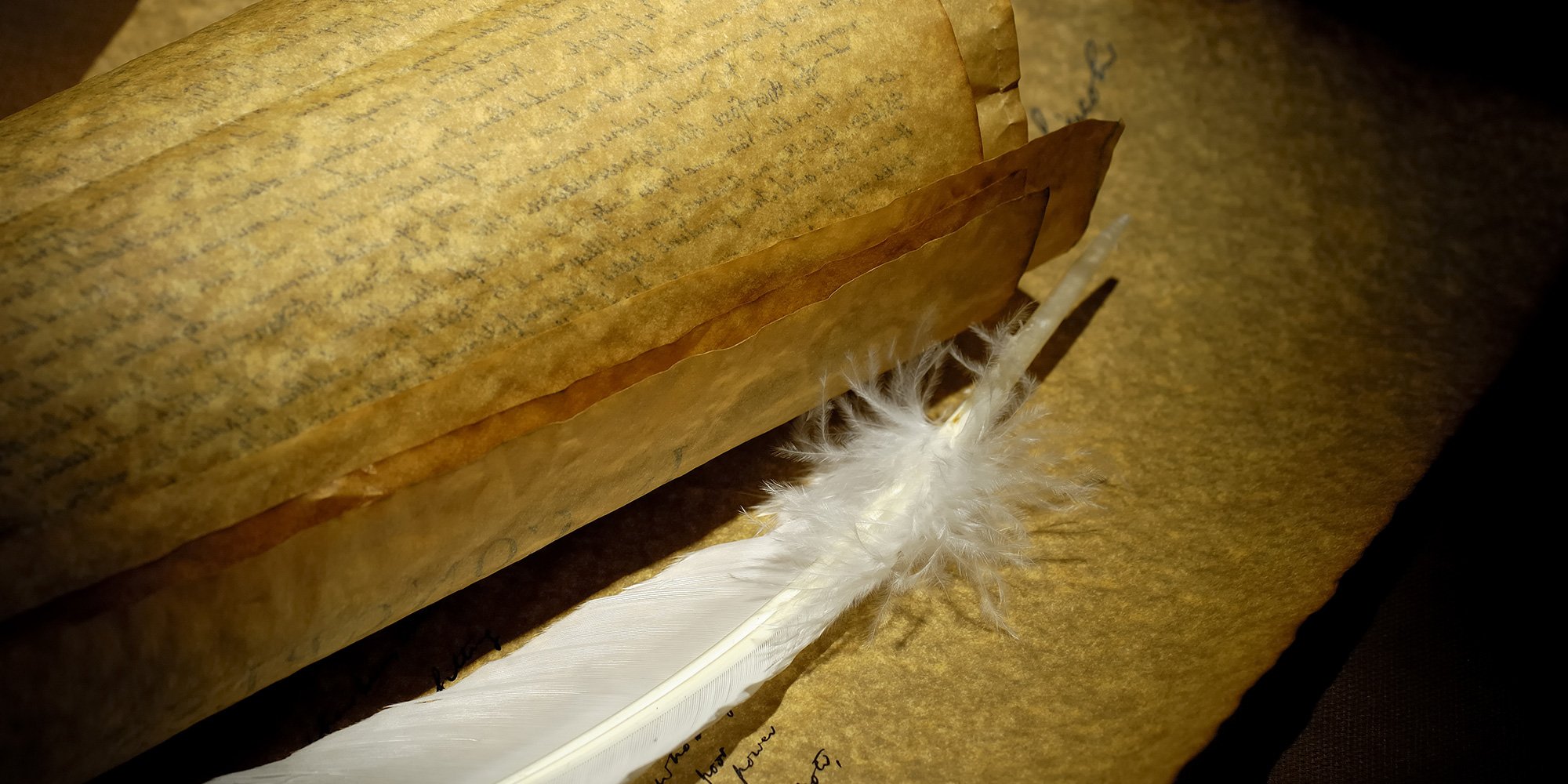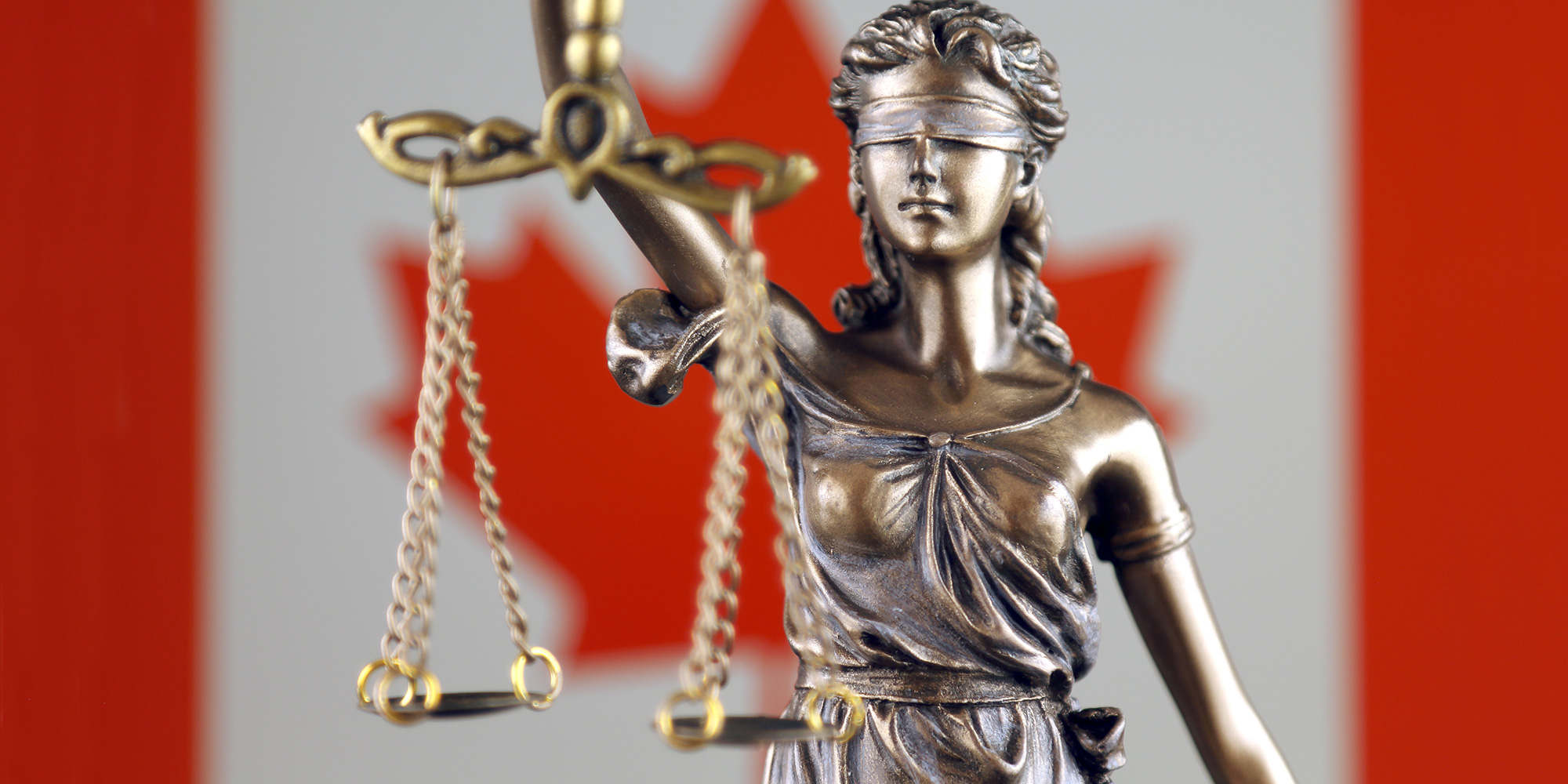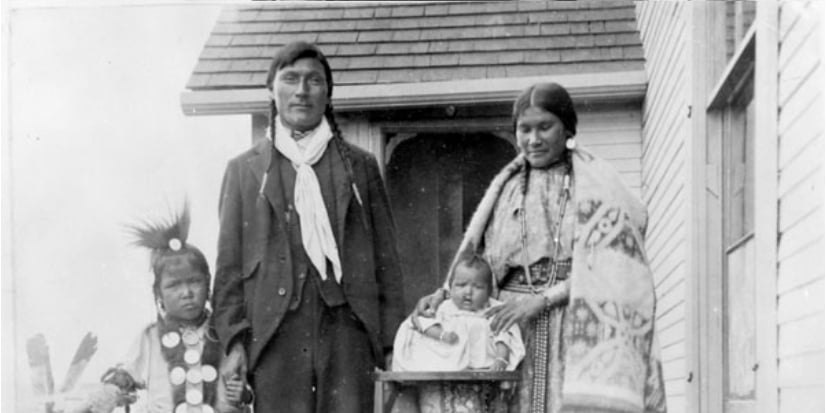Christopher Columbus and the Doctrine of Discovery - 5 Things to Know
The Doctrine of Discovery was used by European monarchies, beginning in the mid-fifteenth century, as a means of legitimizing the colonization of...

I would like to talk to you about contact, discovery and the New World.
Specifically, I would like to answer the age-old question, "Did Christopher Columbus Discover the New World?" Keep in mind this is not a history lesson as much as it is a lesson in cross-cultural communications.
Watch this short presentation on this subject.
First of all, contact happens at different times, and in different places for different Indigenous Peoples. In the Canadian experience, we start to see some of the early contact happening in the 1600s, with the more recent contact happening in the late 1800s here in the western part of Canada. So, we are talking about Indigenous people in British Columbia still living free from the control of the Department of Indian Affairs and the Indian Act legislation into the 1890s and 1900s - a much more recent event when we are talking about contact.
Now, one of the more interesting features of contact is the whole idea of discovery and the New World. In 1492, Christopher Columbus was credited with “discovering” the New World. If we change the language a little bit to say Columbus “arrived” in 1492 that is an important distinction to understand because really at the time of his arrival, it is estimated that one-fifth of the world’s population was living in North and South America. That’s about 100 million people at the time of his arrival. So, from the perspective of the descendants of those 100 million people, they find it hard to understand how someone can discover something when there are already 100 million people living there. You will see tribes protesting the idea of discovery and contact in the United States, and even here in Canada sometimes too.
And, another cross-cultural perspective for you regarding the "New World" - to those 100 million people, it wasn’t a New World - it was a world as old as time itself that went back into Creation.
A very important piece of the understanding of working with Indigenous Peoples here in Canada is that it wasn’t a discovery or simply a contact event. Christopher Columbus arrived at a world that was as old as time itself.
Featured photo: Shutterstock

The Doctrine of Discovery was used by European monarchies, beginning in the mid-fifteenth century, as a means of legitimizing the colonization of...

Indigenous Peoples believe they have held title to their traditional lands or territories from the moment their Creators placed them on that land...

A widely held belief about Indigenous Peoples is that they were primitive cultures living in primitive conditions at the time of the arrival of...